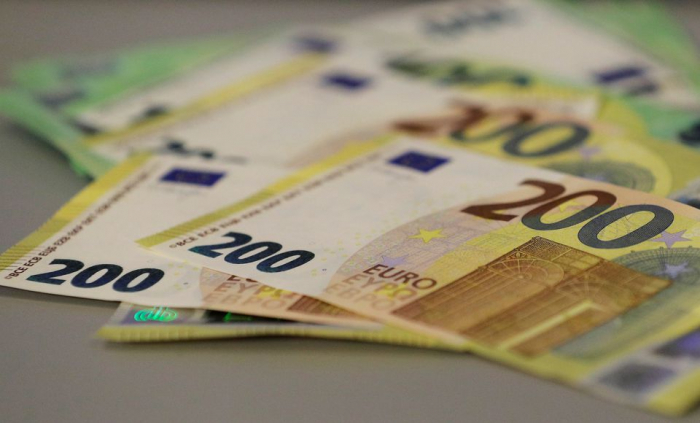The European Central Bank is all but certain to raise interest rates again on Thursday and pencil in more hikes for the next few months, with the only open question being how big these will be.
The ECB has been increasing rates at a record pace to fight a sudden bout of high inflation in the euro zone - the byproduct of factors such as the aftermath of the COVID-19 pandemic and an energy crisis that followed Russia's invasion of Ukraine.
The central bank for the 20 countries that share the euro is seen raising its deposit rate by another half a percentage point to 2.5% on Thursday, in line with what it said in December.
That would take the rate the ECB pays on bank deposits to the highest level since November 2008, after a steady climb from a record low of -0.5% in July.
But ECB President Christine Lagarde is certain to face questions about smaller rises from next month, after the U.S. Federal Reserve slowed the pace of its own hikes on Wednesday and some data pointed to a bleaker outlook for the euro zone.
The Fed raised rates again and said more rate increases were needed but also acknowledged that it had turned a corner on inflation and disinflation was underway, comments that buoyed stocks.
Lagarde has pushed back so far on any suggestion that the ECB is relenting in its fight against inflation and investors generally see her reaffirming that line on Thursday, an expectation that pushed the euro sharply higher overnight.
More about:
















































